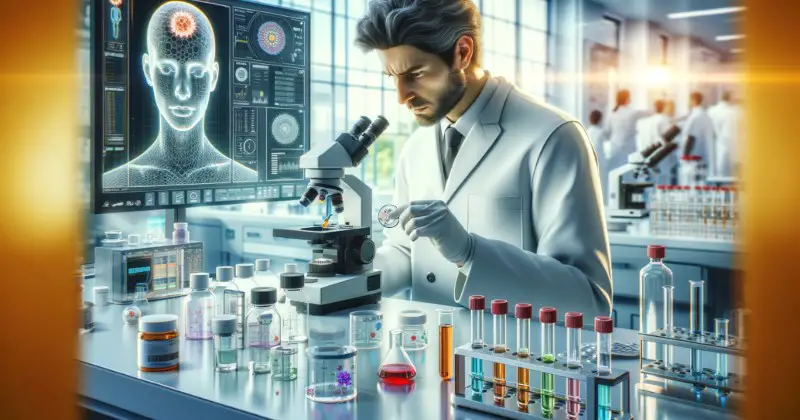In the ever-evolving landscape of product development, testing labs stand as crucial gatekeepers, ensuring the quality, safety, and efficacy of consumer goods. However, as technology continues to advance at an unprecedented pace, traditional methods of testing are being revolutionized by the integration of advanced software solutions. This synergy between technology and testing not only streamlines processes but also enhances accuracy, efficiency, and overall effectiveness.
In this blog, we will delve into the future of product testing labs and explore how these innovative software solutions are shaping the industry.
1. Enhanced Automation for Efficiency
One of the most significant advancements in product testing is the integration of automation through sophisticated software platforms. Automation streamlines repetitive tasks, such as data collection and analysis, allowing testing labs to process large volumes of data with greater speed and accuracy. Advanced algorithms can identify patterns and anomalies that might be overlooked by manual inspection, thereby improving the reliability of test results. This increased efficiency translates to faster time-to-market for products without compromising on quality.
2. Artificial Intelligence for Predictive Analysis
Artificial intelligence (AI) is revolutionizing product testing by enabling predictive analysis based on vast datasets. Machine learning algorithms can identify potential issues or defects before they occur, allowing manufacturers to preemptively address them during the development phase. Moreover, AI-driven predictive maintenance can optimize equipment performance, reducing downtime and minimizing testing costs. By harnessing the power of AI, testing labs can anticipate challenges and ensure that products meet stringent quality standards consistently.
3. IoT Integration for Real-time Monitoring
The Internet of Things (IoT) has paved the way for real-time monitoring of testing processes and environmental conditions. Connected devices equipped with sensors collect data throughout the testing lifecycle, providing invaluable insights into product performance. Whether it's monitoring temperature, humidity, pressure, or other variables, IoT integration allows testing labs to maintain optimal testing conditions and detect any deviations promptly. This proactive approach not only enhances the accuracy of test results but also facilitates continuous improvement in testing protocols.
4. Virtual Prototyping and Simulation
Virtual prototyping and simulation software enables product testing labs to conduct virtual experiments in a simulated environment. This technology allows testers to explore various scenarios and iterations without the need for physical prototypes, significantly reducing the time and costs associated with traditional testing methods. By simulating real-world conditions, testers can assess product performance under different parameters and identify potential weaknesses or areas for improvement. Virtual prototyping accelerates the innovation cycle, enabling companies to bring high-quality products to market faster.
5. Blockchain for Data Integrity and Traceability
Data integrity and traceability are paramount in product testing, particularly in industries with strict regulatory requirements, such as pharmaceuticals and food safety. Blockchain technology offers a decentralized and immutable ledger for storing test data securely. Each test result is cryptographically linked to previous records, ensuring transparency and accountability throughout the supply chain. By leveraging blockchain, testing labs can verify the authenticity of test data, prevent tampering or falsification, and provide stakeholders with confidence in the integrity of the testing process.
As we approach a new era in product testing, advanced software solutions are revolutionizing the industry. From automation and AI to IoT integration and virtual prototyping, these technologies are reshaping testing processes. By embracing innovation, test lab management can ensure safety and quality in product development. With the aid of lab management software, professionals can optimize workflows and drive efficiency, ensuring effective product testing operations.







